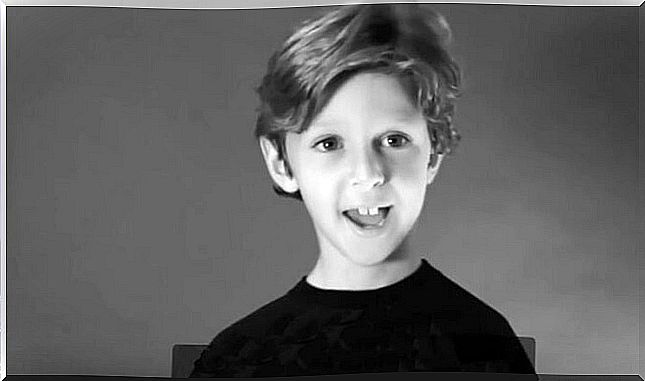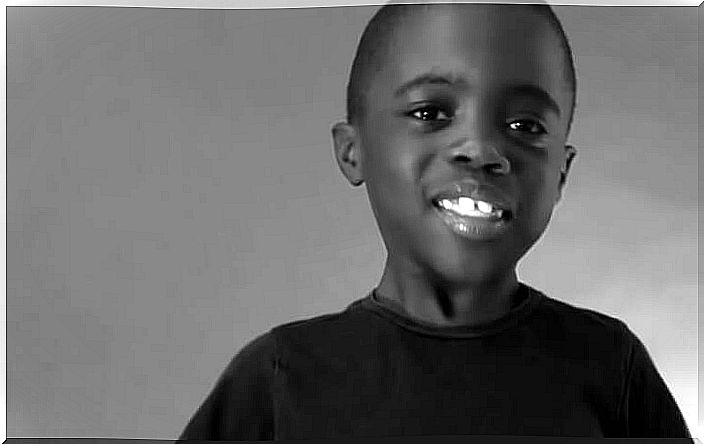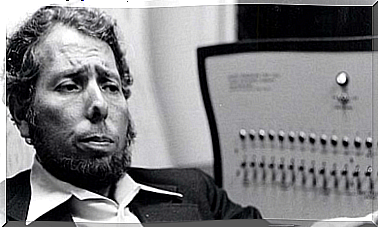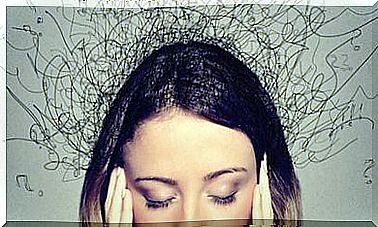“Dear Teacher “: A Video To Understand The Student With ADHD

A student with ADHD (Attention Deficit Disorder) does not usually behave as teachers expect. This causes teachers to take a series of measures, measures that on the other hand are not always appropriate. Thus, if we could put ourselves in the shoes of these children, perhaps we would better understand how they see their situation at school.
It is easy to judge, get angry and have solutions that from our point of view are valid. However, we may be making what we really want worse, and that is for the little ones to learn. Maybe they do pay attention, although not in the politically correct way.
Perhaps we believe that they do not want to learn, when in fact it is something that they really like. Students with ADHD have something to tell you, as a teacher (or as parents, or as grandparents, or as friends …), are you willing to listen to them?
The student with ADHD and self-regulation of emotions
The behavior that a student with ADHD usually shows great difficulty in controlling, self-regulating and managing their emotions. For this reason, these can be revealed at the least indicated time and in the least appropriate way.
Immaturity, compared to children his age, is not the cause in this case, or at least maturity in the classic sense of the word. We are dealing with children, they are small and therefore immature. Or is it that everyone is born mature?
Punishment is not the solution

Trying through punishment to prevent the student with ADHD from acting in such inappropriate ways again is a futile exercise. You have to work on emotional management, not punish a behavior that has been done without malice.
When a student with ADHD is punished so that in this way they control and repress their emotions, we can intuit the response they will have: they will become defensive. Not knowing all this causes us to point to the student with ADHD, to label him and to inadvertently encourage his feelings of insecurity, something that will not benefit him at all.
Do we really want children with this disorder to have low self-esteem? Is this what we are teaching you in the classrooms? Just because they don’t learn in the prescribed way, perhaps we should ask ourselves if instead of trying to change them, we shouldn’t change the way we teach.
A child sitting still and static listening to information that he does not understand. We want them to be adults, to behave like grown-ups, but we don’t realize that they are just children.
Children with ADHD need more support, more help. If we don’t give it to them, they won’t be able to do what we tell them to because they won’t know how. Patience and calm will be two essential qualities to be able to explain what they need and clarify any doubts they may have.
Although, perhaps, the problem is that what we have said contains a lot of information. Here we come to an important point. Many children disconnect because they receive a large amount of information that they do not understand. We also find the opposite case, children who get bored because they do not receive enough information.
Finding the balance between these two extremes has a lot to do with the art of teaching. Regarding children with ADHD, keep in mind that it is often especially difficult for them to work with a large amount of information at the same time, especially if this information is acquired statically.
If there is something that children with this disorder demand, it is that their way of learning, understanding and understanding what they are told be accepted. Their brains are not the same as those of others, but this does not mean that they are not as capable as other students. They just need patience, less punishment, and more understanding.
Not knowing what various disorders are due to or how to live having them causes us to behave as truly ignorant to children who want to learn, but we do not know how to give them what they demand.
Let’s not saturate them with information, let’s not pretend that they get bored in order to internalize knowledge and let’s not punish them because that is how we unload our frustration on them.
Children with ADHD are smart and want to learn. They do their best, they deserve that we also do our best for them.









